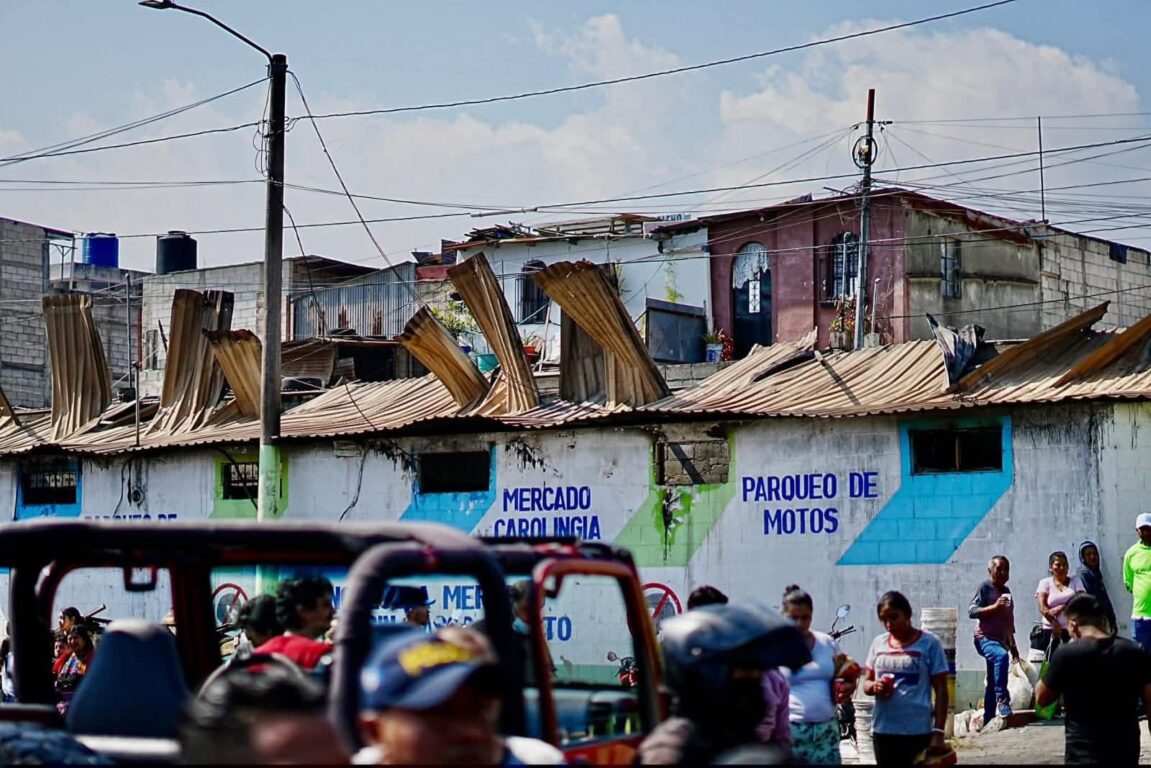StreetNet International welcomed their affiliate SEWA (Self – Employed Women’s Association) during their field visit to Durban from the 14-19 August. They have also been to Johannesburg. SEWA, an organisation based in India has been selected by the Government of India for the implementation of a project called “Strengthening African People’s Organisations and NGOs.” where five countries are selected in Africa. South Africa is one of the countries nominated.
 The Self-Employed Women’s Association (SEWA) is a union of almost 1.8 million women workers from the informal economy. Founded in 1972 by Ela Bhatt, a labour lawyer and organiser, it has grown from a few thousand women in Ahmedabad, Gujarat, into a national and international movement of self-employed women workers. SEWA was started because it became clear that the mass of workers, and especially women, had no fixed employer-employee relationship, some did not have any worker rights.
The Self-Employed Women’s Association (SEWA) is a union of almost 1.8 million women workers from the informal economy. Founded in 1972 by Ela Bhatt, a labour lawyer and organiser, it has grown from a few thousand women in Ahmedabad, Gujarat, into a national and international movement of self-employed women workers. SEWA was started because it became clear that the mass of workers, and especially women, had no fixed employer-employee relationship, some did not have any worker rights.
The exchange visit was organised with the assistance of StreetNet International. There were twelve women participants from SEWA, most of who are group leaders. They had interacted with different cooperatives, unions, NGOs and member-based organisations. There have been several exchange visits between SEWA leaders and their African counterparts with the intention of learning from each other and supporting collective action in these countries.
As this is the first time that VimoSEWA and its sister organisations are undertaking a project of this kind, it is felt that a proper understanding of the needs of disadvantaged and poor people, especially women, in each country is critical. SEWA have always initiated their work with a people-centered or “bottom-up” approach. They expect to collaborate with local organisations in each country to assess the needs and priorities of people, what exists and what inputs are required.
The study will be carefully developed and implemented looking into all 5 aspects, which are microfinance, microenterprise, micro-insurance, health and child-care and capacity- building.
Over the years, SEWA has used this integrated and comprehensive approach, which helps women, and their families become self-reliant. Thus, one over-arching, comprehensive needs assessment is the first step of this project.
For each of the 5 major action areas, separate activities have been planned as given below, which will be adapted for the five countries:
- Microfinance—promotion of self-help groups to provide integrated financial services (savings, credit, insurance and pension), their capacity building and extension of financial literacy.
- Microenterprise and Livelihood Promotion—examining what is feasible, markets etc. and then helping organisations set up their own viable micro enterprises.
- Micro insurance—developing plans for extending micro insurance to local communities, especially women, and then capacity building to help local organisations implement this.
- Health and Child Care—developing appropriate systems (tailored to local conditions and needs) to reach local communities, especially women and children, with basic primary health care, including health education and life-saving information. Capacity-building for leadership, management of their own activities and running their own organisations.
- Capacity-building for leadership, management of their own activities and running their own organisations
One of their highlights was the meeting of Ela Ghandi, who is the granddaughter of the late Mahatma Ghandi. She is also a peace activist and was at the forefront of great changes for South Africa. SEWA was founded on the basis of Ghandi’s principals, including the making of natural and animal-free clothing, which is one of the projects they run. “ Meeting Ela, was like meeting Ghandi and it was very emotional and touching experience to visit the place where he once lived,” the group commented.
They also agreed that the people are very talented in the informal sector and this should be highlighted more often. One of their concerns was about the lack of social protection available for these workers. Social Protection Floors is based on a basic package of securities, which is proper healthcare, food security, childcare and public infrastructure. Public infrastructure consists of access to water, sanitation, proper trading spaces, waste disposal and transport.
SEWA has previously hosted a workshop with the assistance of StreetNet. StreetNet is a Durban based worker organisation that represents their affiliates on a national and international level. SEWA, who is an affiliate of StreetNet will be completing their assessments so that they can return to assist further in the five action actions areas, which will be adapted to meet the specific needs in South Africa.
ENDS
For more information contact
Sharon Pillay, StreetNet Media and Publicity Officer
072 2577 317


